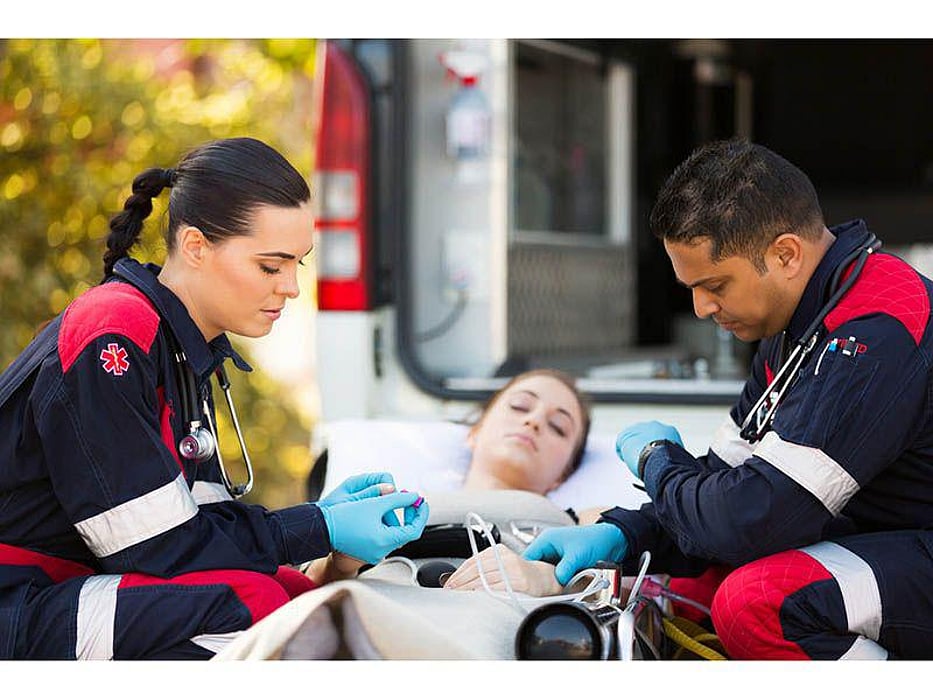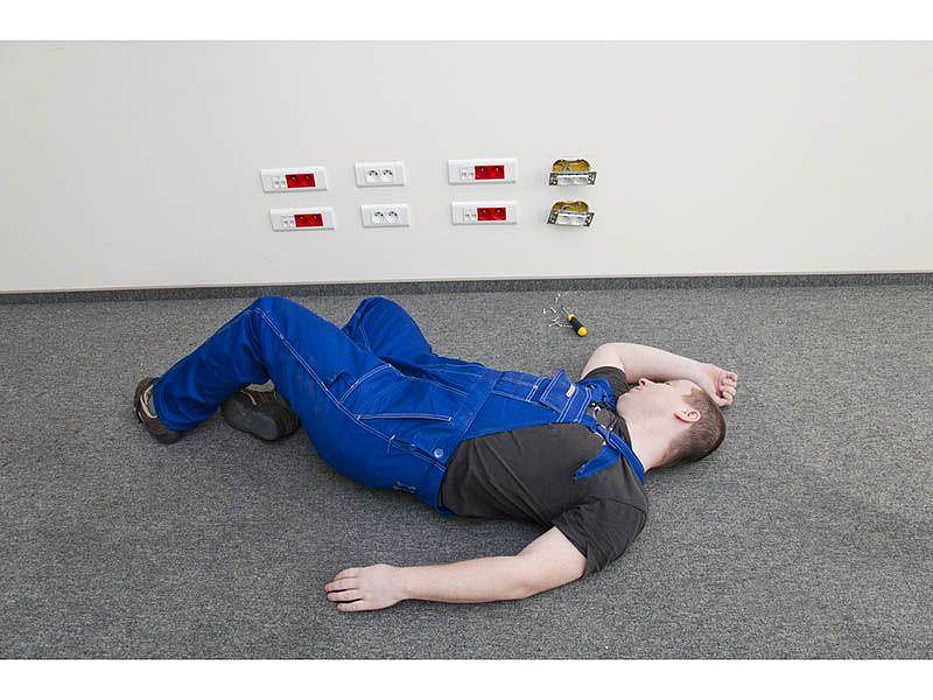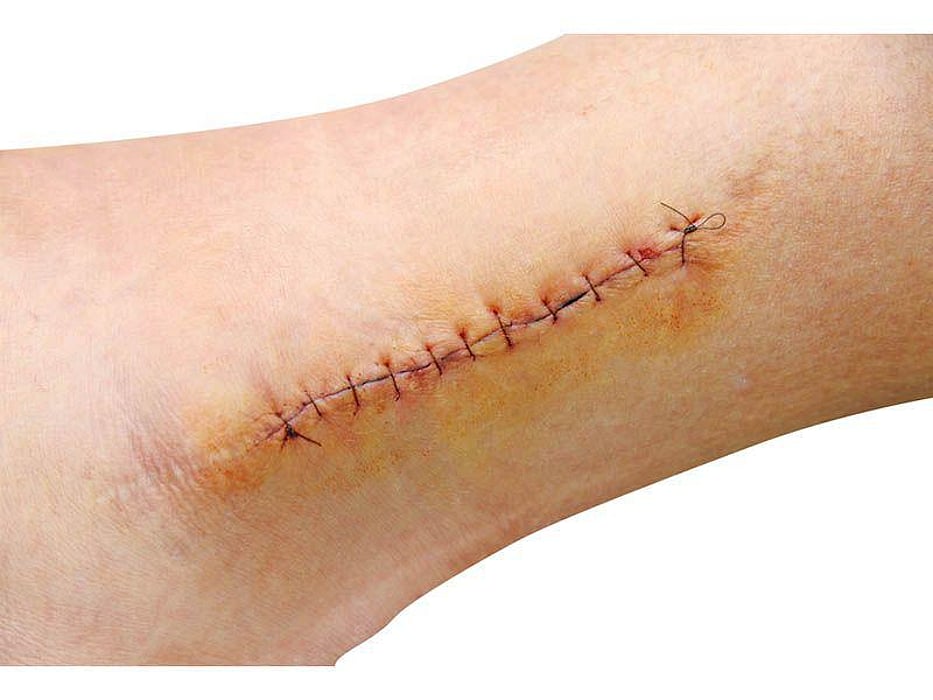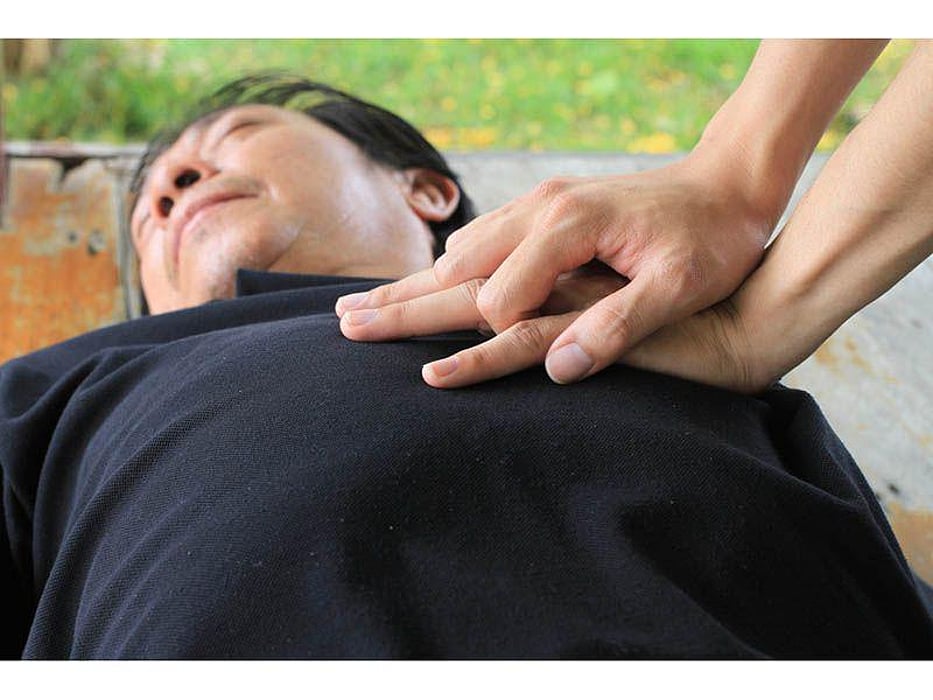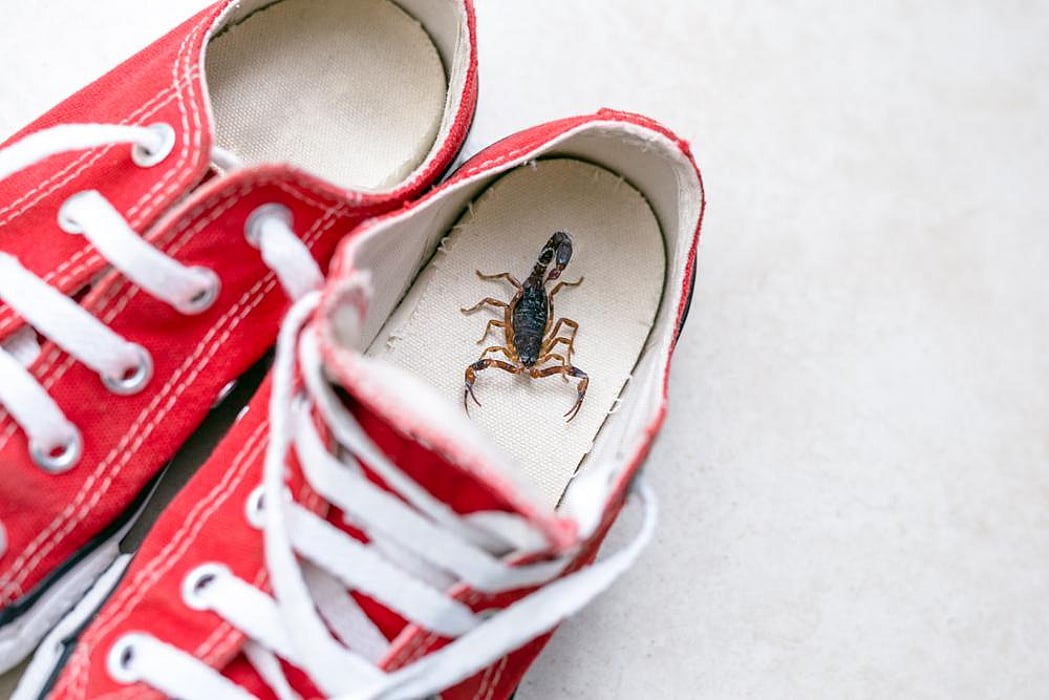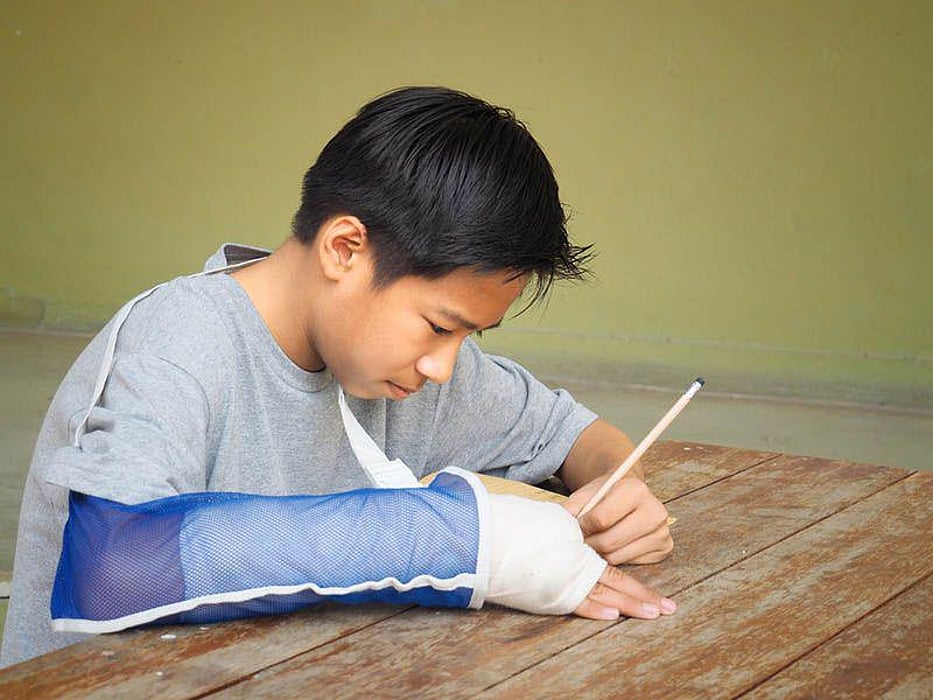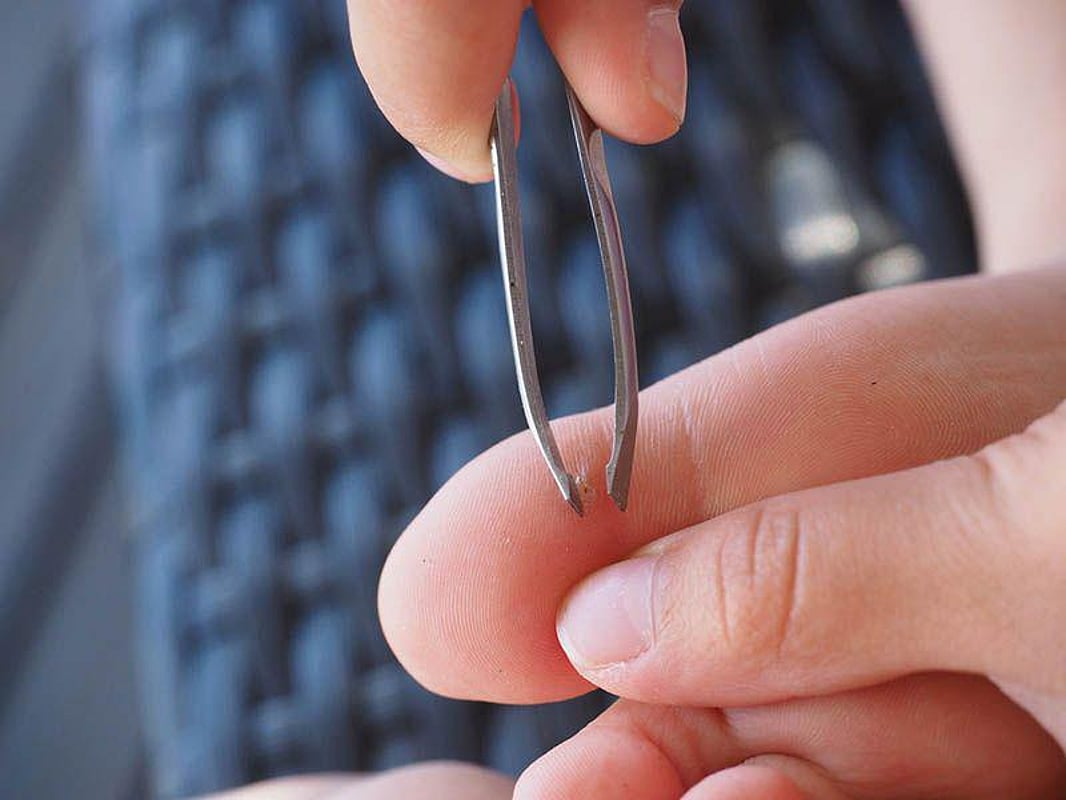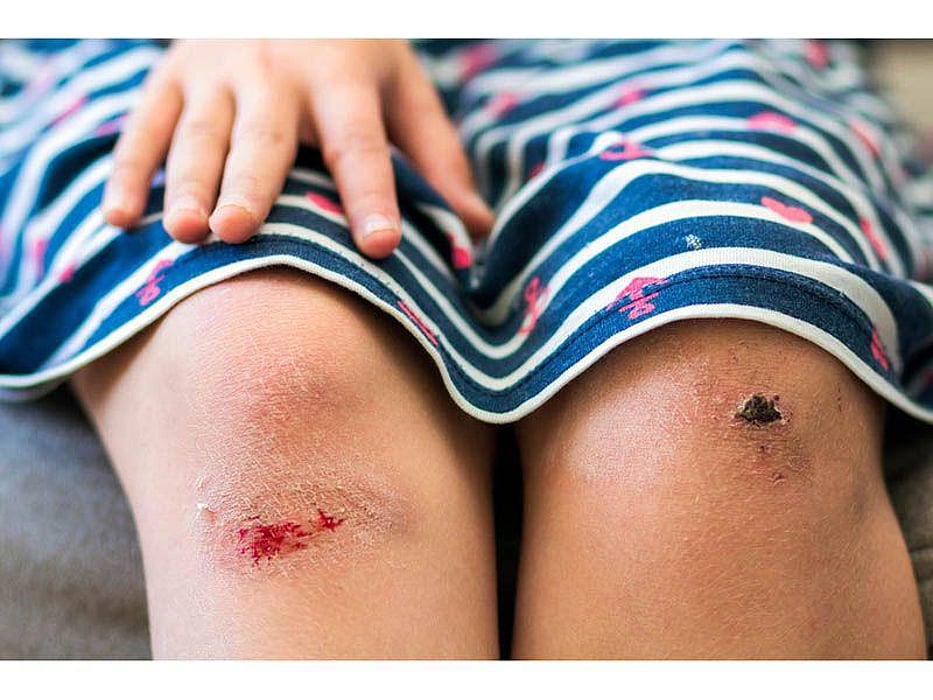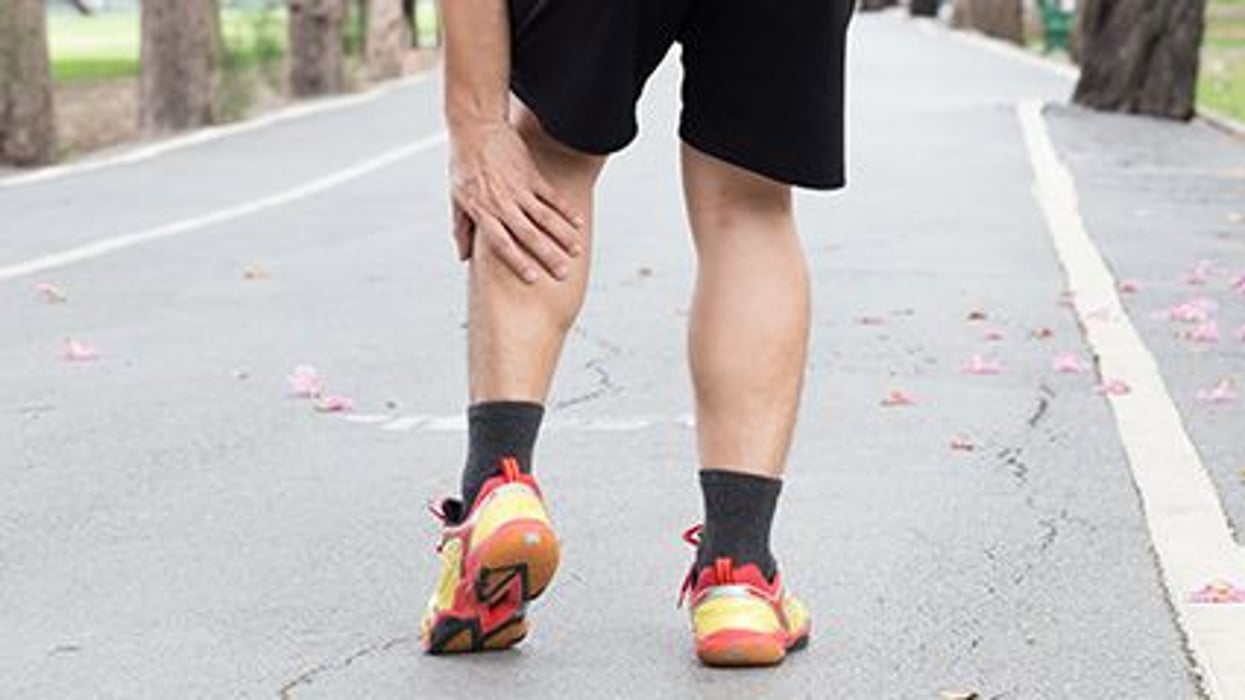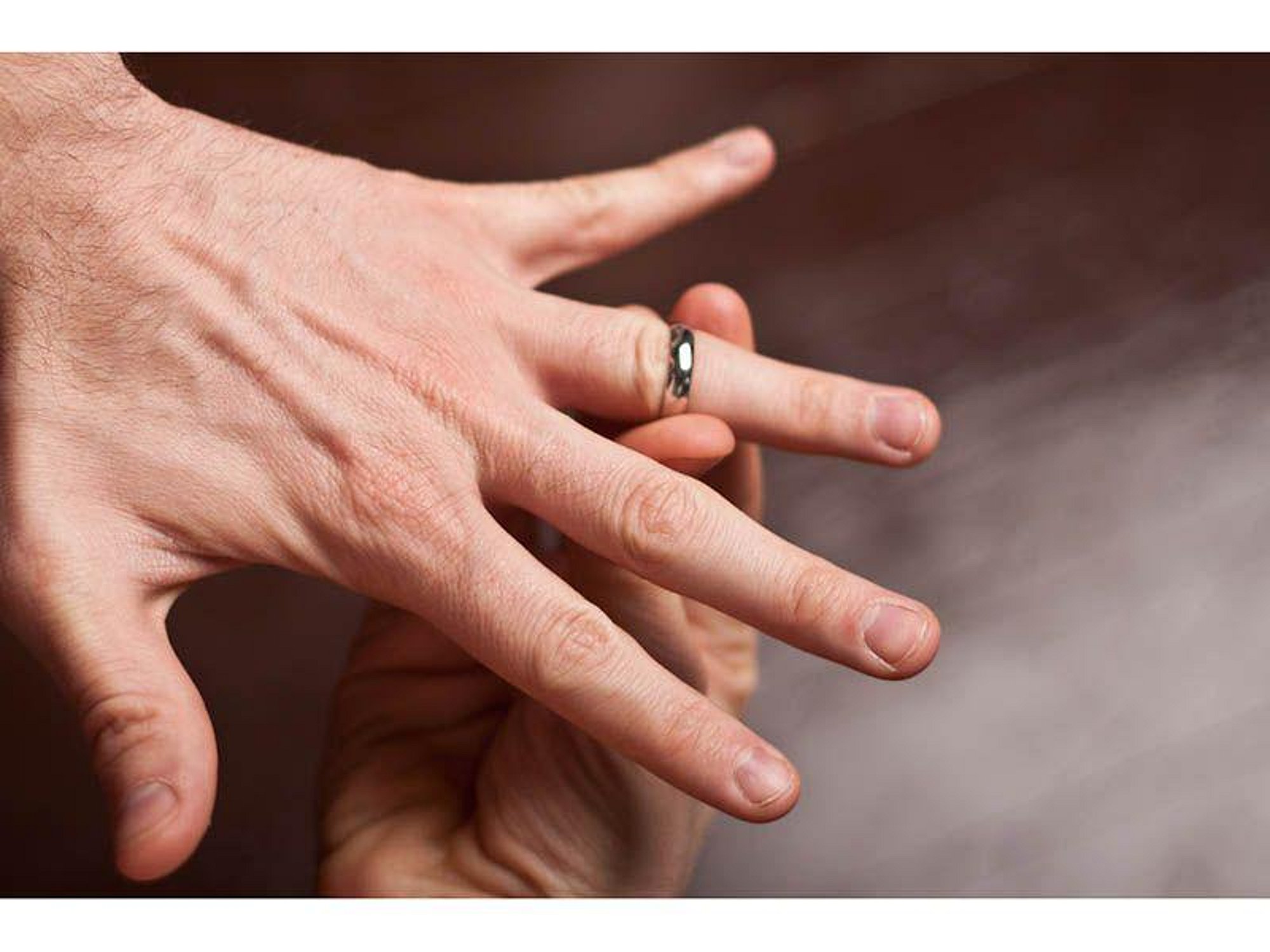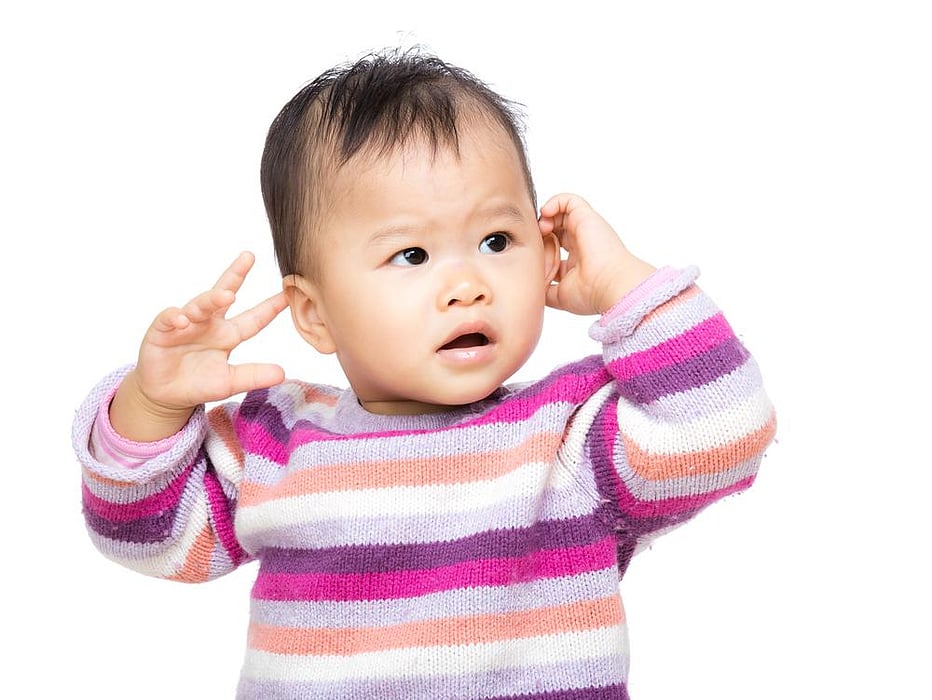Medical emergencies can be frightening, especially if you are unprepared. Being familiar with first aid instructions can help you prevent or minimize serious injury. It can even save lives. Knowing what to do will give you the confidence to act calmly...
From the coffeemaker to the fax machine, devices that run on electricity are all around us. Most of the time, we don't worry about the live current that makes them work. But every year, 1,000 people die because of electrical accidents. Anything from t...
Choking is a serious threat to people of all ages. Whenever something gets stuck in the throat -- a piece of food, a child's toy, or blood from an injury -- it can block a person's air supply. After four to six minutes without air, the brain begins to...
As just about anyone who has chopped vegetables knows, minor cuts are a part of everyday life. Knowing how to care for them quickly can help prevent infection and lessen the chances of scarring. Before treating any cuts, remember to wash your hands th...
CPR -- cardiopulmonary resuscitation -- is a potentially life-saving procedure that can restart a person's heartbeat and breathing. CPR is often used to revive victims of electric shock, near-drowning, and heart attack. According to the National Insti...
Often called "the silent killer," carbon monoxide is a colorless, odorless, tasteless gas that can be fatal when inhaled. Smoke from fires, backdrafts from blocked chimney flues, grills that use charcoal or chemical fuels, emissions from faulty gas he...
Many people associate chemical burns with factories, but they can happen at home, too: Contact with strong chemicals found around the house, the garage, or at work can burn your skin or eyes. Examples of dangerous substances are battery acid, bleach, ...
What should I do if another child bites my child?The first step is to wash the wound carefully with soap and water, since human bites are even more likely to become infected than animal bites. If the skin is broken, call your doctor to see if she want...
What should I do if my child is bitten by a spider or scorpion?Most spider bites are harmless, causing redness and swelling at the site but no serious risk, so you can probably relax. The only spiders that pose a real danger are black widow and brown ...
What should I do if my child is bitten by a tick?First, remove the tick. Forget any advice you've heard about applying petroleum jelly, fingernail polish, or a hot match to the end of the tick. Those home remedies almost never work. Instead of forcing...
Shock can occur after any kind of trauma: a severe allergic reaction, poisoning, heat stroke, burns, or any other severe stress on the body. But the phenomenon can also ensue from severe dehydration, excessive vomiting, or extreme diarrhea. Some types...
What should I do if my child breaks a bone or dislocates a joint?A broken bone or dislocated joint is a serious injury that requires a doctor's immediate attention. The best thing you can do is protect the injured area, making sure your child doesn't ...
What should I do if my child is bleeding badly?You'll need to act quickly. If your child has lost consciousness or appears to be in shock, have someone call 911 immediately while you begin first aid. Lay your child down with his feet elevated about 12...
Anyone who has spent time trying to remove a splinter knows how tricky it can be to do it right.No need to panic, because Dr. Avir Mitra, an assistant professor of emergency medicine and assistant program director at the Icahn School of Medicine in Ne...
Germs have gotten a bad rap. Some of them are actually good for us, like the ones in our intestines that help us break down food. But we're also surrounded by potentially harmful germs known as pathogens. They lurk everywhere, from the surface of publ...
What's the best way to treat a cut or scrape? If the cut or scrape is deep and bleeding, apply pressure with a clean cloth, paper towel, or bandage to stop the bleeding. If the bleeding doesn't stop in 10 minutes, call your child's physician immediate...
Insect bites and stings are a fact of life if you spend time outdoors. Fortunately, although they may be painful, they usually aren't serious. Unfortunately, some bites and stings are poisonous or can cause serious allergic reactions or infections. Mo...
Muscle cramps can be sudden and excruciating. What causes them and what will make them go away — fast?An emergency room doctor offered tips on treating, preventing and stopping these painful episodes in their tracks.What causes muscle cramps?“Muscle c...
As those of us who wear jewelry know, it's not unusual for a ring to get temporarily stuck on a finger. Fingers naturally swell, especially when it's hot and humid outside, or if you walk with your hands swinging at your sides. Usually, if you simply ...
There's more to first aid than covering up wounds or stopping bleeding. When treating an injury, relieving pain should also be a top priority. Prompt treatment for pain will make an injured person feel more calm and comfortable. Pain relief may also m...
Use this checklist to make sure you have adequate supplies for dealing with minor medical problems while traveling with children. You can pack the items in a small tote, a lunch box, or a zip-top bag -- whichever is easiest to stow. It's also a good i...
If you enjoy going fishing, it's important to be prepared in case you accidentally get a fishhook caught in your skin. CautionThere are two circumstances when you should not try to remove a fishhook on your own: When a fishhook is caught in the eye or...
The bones of the skull are designed to withstand some hard knocks. Most of the time, a blow to the head causes nothing more serious than a swollen bump, or "goose egg."But some injuries to the head can be serious, even life-threatening. The brain is a...
The body carefully maintains its internal temperature at around 98.6 degrees. In hot weather, perspiration cools it off. But sometimes, even the best cooling system can be overwhelmed. Always be alert to the symptoms of heat stroke or exhaustion, espe...
What are hives?Hives are red, itchy welts or swellings on the skin that often come in clusters. They sometimes have a light red or pale center surrounded by a darker red area around the borders -- a marking resembling tiny bull's eyes -- but may simpl...
What is hyperventilation?Hyperventilation occurs when people breathe too rapidly. Most people take at least a couple of seconds to breathe in and out. If a person sounds as though he's run a mile and is breathing heavily, that's a sign of hyperventila...
SUNDAY, Sept. 12, 2021 (HealthDay News) -- Knowing the warning signs of suicide can save a life, experts say.Suicide is the 10th leading overall cause of death in the United States, and number two among people between the ages of 10 and 34.Most suicid...
Our bodies carefully regulate our internal temperature to a precise degree. In hot weather, we sweat to cool off. In cold weather, we generate additional heat by shivering. However, prolonged exposure to cold can cause the body's control mechanisms to...
Imagine you've got a strain or a sprain, or you've pulled a muscle and need some do-it-yourself pain relief.Heat packs and cold packs can offer relief, but choosing between the two can be baffling. Which will be best for your particular pain?Dr. Rajiv...
What should I do if my child gets something stuck in her ear or nose?Stay calm, and reassure her that it's no big deal. If the object is clearly visible and soft or flexible enough to be removed easily, grasp it with a pair of tweezers and gently pull...

